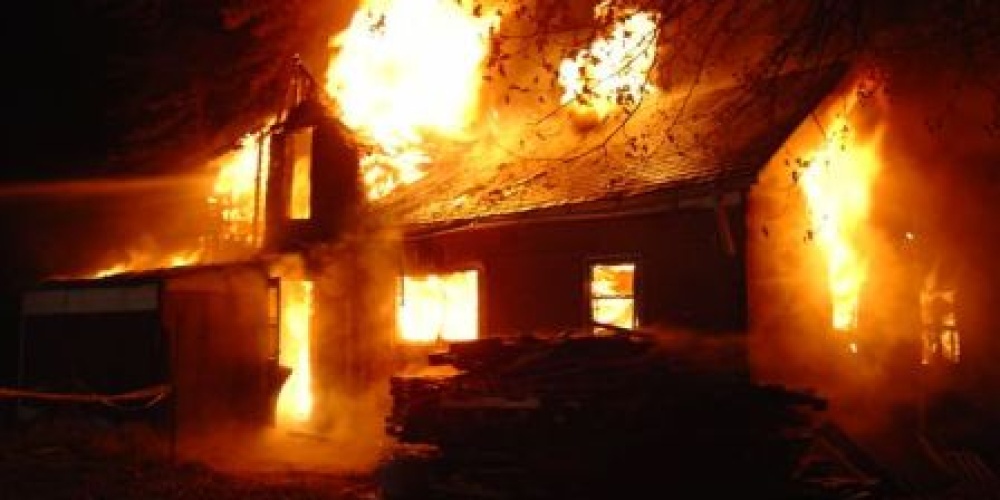
|
One of the basic tenets of our legal system is that those who are not of a sound mature mind are not to be held responsible for their actions. This idea is reflected in the many areas of Jewish law where a cheresh, generally translated as a deaf-mute; shoteh, one who is mentally insane[1]; and a katan, a minor, are exempt from mitzvoth, not liable for damages they may cause, and are generally unable to enter into legal agreements. This is problematic in a case where a man dies childless, leaving only a minor brother. One would have to wait until the brother reaches the age of 13 before chalitzah could be done. Yet strange as it sounds, the rabbis allowed the minor child to perform yibum and marry his sister-in-law. While such would border on the abhorrent today, in a society where marriage at puberty was common and many, if not most, people did not live beyond forty, such a marriage was not considered out of the question[2]. It appears from the many Talmudic discussions regarding the cheresh, shoteh, and katan that our Sages were of the view that little, if anything, could be done to ameliorate the situation of the "deaf-mute" who was regarded as uneducable, or the insane. And such was undoubtedly true 1,800 years ago. Thankfully, much has changed and this is no longer the case. Modern methods of education are such that a deaf-mute today may no longer be considered a cheresh. Such a definition would apply only to those who are incapable of mature behavior, such as one who is severally developmentally handicapped. Similarly, there have been great strides made in the field of mental health, so that many can be cured or at least managed, though there still are times when a plea of insanity rings true. Such is not the case with a minor. Each and every day, children are developing and as they do, we are to train them in observing mitzvoth--each mitzvah at the appropriate time[3]. The uneasy balance between proper supervision of children and letting children be can be seen in the varying halachot presented back-to-back in the Gemara. On the one hand, the Gemara teaches that "a minor who is eating neveilah, (non-kosher meat), the court is not required to stop, lit. separate him" (Yevamot 114a). While we may not feed them non-kosher food, we need not take it away if they eat some on their own. On the other hand, immediately thereafter the Gemara teaches, "if an idolater comes to extinguish a fire [on Shabbat], we do not tell him extinguish or don't extinguish[4] (i.e., we let him put out the fire), as his rest is not upon us; a minor who comes to extinguish, we tell him 'do not extinguish', as his rest is upon us". While we may not instruct a non-Jew to violate Shabbat on our behalf, he may do so of his own volition. His actions are not dictated or influenced by what the Jews may want--it is a natural instinct to put out a fire, and something he does with or without being asked. However, children are often acting at the behest of their parents. Rashi actually notes that we must stop the child only when the father is standing nearby and gives a "knowing wink". However when a child acts on his own, we need not stop them. Differentiating between the two is not always easy. Perhaps the greatest challenge of parenthood and its greatest reward is having a child simultaneously perform a mitzvah both to please his parents, and of his own volition. [1] The Gemara lists the following activities as symptomatic of one who is a shoteh: they rip their clothes, sleep in the cemetery, and (or?) they walk alone at night, something that was much more dangerous in Talmudic times (Chagigah 3b). [2] Interestingly, the Sages sanctioned marriage on a rabbinic level for a cheresh (Yevamot 112b). As Rashi (s.v. Dekayma takanta derabanan) explains, handicapped people can live in great harmony and happiness together. Such is not the case with a shoteh, as living with one who is insane can be most unbearable. [3] The Gemara teaches that only when a child can completely fulfill a mitzvah does the mitzvah of chinuch apply (Sukkah 42a). To do otherwise is to ingrain bad habits. Practice makes for habit, and only perfect practice makes perfect. Thus, for example, only when a child knows exactly how, when, and where to shake the lulav is he obligated in the mitzvah, even though such shaking is not actually necessary for basic fulfillment of the mitzvah. [4] As one may not violate Shabbat for material gain--or even to prevent material loss--in theory one may not extinguish a fire on Shabbat. In actual practice, Jewish law today obligates one to extinguish a fire on Shabbat--leaving a fire burning on Shabbat is liable to risk life and limb. Furthermore, leaving a fire burning may raise the ire of our non-Jewish neighbours , something the halacha takes quite seriously. Perhaps in the non-urban environment of the Talmud, letting a fire burn on Shabbat was of lesser concern. A number of years ago, we hosted the Rabbi of the Reform shul in our neighborhood for Shabbat lunch. I found it quite fascinating when he told me that he was giving a weekly shiur in Mishne Berurah, and that they were discussing the topic of putting out fires on Shabbat as a case study of how the halacha has "changed" over time.
|



